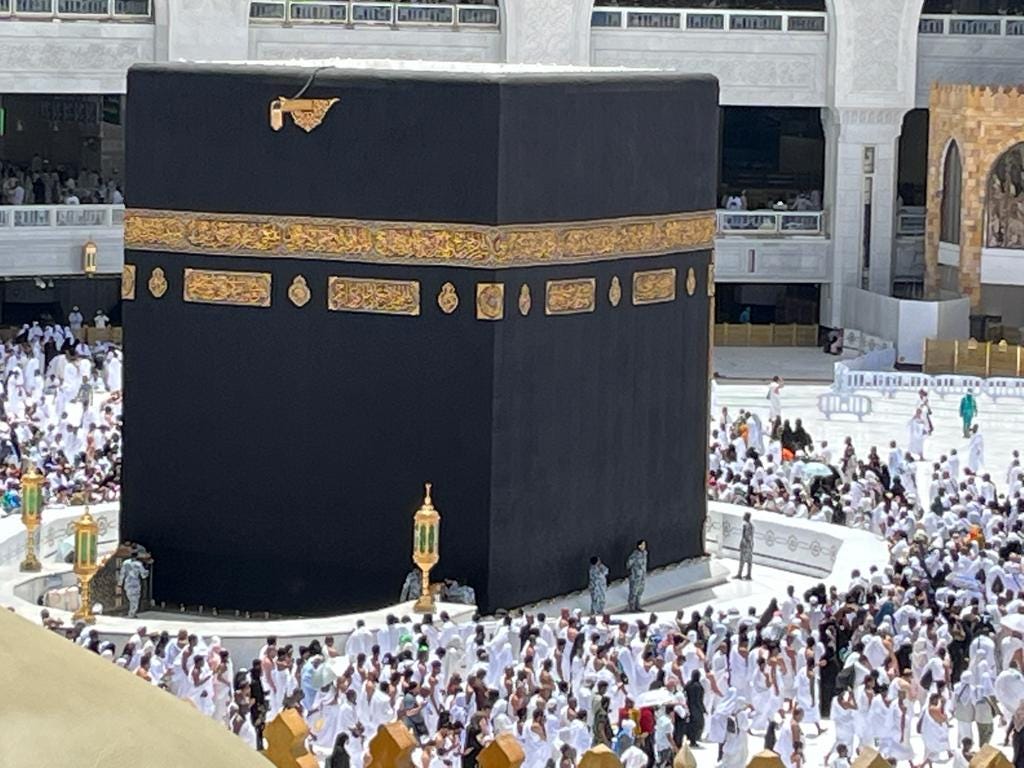Performing Umrah is a deeply spiritual experience for Muslims around the world. Unlike Hajj, Umrah can be undertaken at any time of the year, providing believers with the opportunity to draw closer to Allah (SWT) and seek spiritual renewal. In this comprehensive guide, we will explore the essential steps for pilgrims embarking on the journey of Umrah.
The Divine Call to Umrah
Umrah is considered a sacred journey that carries immense significance in Islam. It is a manifestation of obedience and submission to the will of Allah (SWT). The act of performing Umrah is a spiritual endeavor that allows pilgrims to seek forgiveness, renew their faith, and connect with their Creator in a profound way. The invitation to perform Umrah is a divine call that resonates deeply with believers, urging them to embark on this spiritual voyage with sincerity and devotion.
Preparation for Umrah: Purification and Ihram
Before embarking on the journey of Umrah, it is essential for pilgrims to prepare themselves both physically and spiritually. This preparation begins with a sincere intention to purify oneself and seek the pleasure of Allah. Ritual purification, known as ghusl, is performed to cleanse the body of impurities. Additionally, pilgrims are required to trim their nails and remove unwanted body hair as part of the purification process.
One of the most significant aspects of preparing for Umrah is entering the state of Ihram. Ihram is a sacred state of consecration in which pilgrims enter before commencing their journey to the holy city of Makkah. For men, Ihram entails wearing simple, unstitched garments, symbolizing humility and equality before Allah. Women are required to dress modestly, ensuring that their attire does not attract attention, thus maintaining focus on spirituality and devotion.
The Journey Begins: Miqat and Entering Ihram
The journey to Umrah officially begins with the crossing of the Miqat, designated points beyond which pilgrims must enter the state of Ihram. This symbolic act marks the pilgrim’s entry into a state of sanctity and readiness to perform the rites of Umrah. As pilgrims cross the Miqat, they recite the Talbiyah, declaring their intention and devotion to performing Umrah solely for the sake of Allah.
The Rites of Umrah: Tawaf, Sa’ee, and Halq
Upon reaching the Masjid al-Haram in Makkah, pilgrims engage in the sacred rituals of Umrah. The first of these rituals is Tawaf, wherein pilgrims circumambulate the Kaaba seven times in a counter-clockwise direction. This act symbolizes the unity of believers in worshiping one God and serves as a powerful expression of devotion and reverence.
Following Tawaf, pilgrims proceed to perform Sa’ee, the ritual of walking briskly between the hills of Safa and Marwah seven times. This symbolic reenactment commemorates the actions of Hagar, the wife of Prophet Ibrahim, as she searched for water for her son, Ishmael. Sa’ee embodies the virtues of perseverance, faith, and trust in Allah’s provision, serving as a reminder of the enduring legacy of devotion and sacrifice.
The final rite of Umrah is Halq or Taqsir, the shaving of the head for men or the trimming of hair for women. This act signifies the completion of Umrah and the pilgrim’s return to a state of normalcy, spiritually uplifted and renewed.
The Essence of Umrah: A Journey of the Heart
Beyond the physical rituals, Umrah is a deeply spiritual journey that resonates with the hearts of believers. It offers pilgrims a moment of reflection and introspection, allowing them to reconnect with their Creator in the sacred precincts of Makkah. Umrah is an opportunity for spiritual growth, forgiveness, and gratitude, as pilgrims seek to deepen their relationship with Allah and draw closer to His mercy and blessings.
In conclusion, performing Umrah is a profound act of worship that holds immense significance in the lives of Muslims. From the initial preparation to the completion of the sacred rites, every step of the journey is imbued with spiritual meaning and devotion. May Allah accept the Umrah of all pilgrims and grant them blessings and mercy in this world and the Hereafter.

